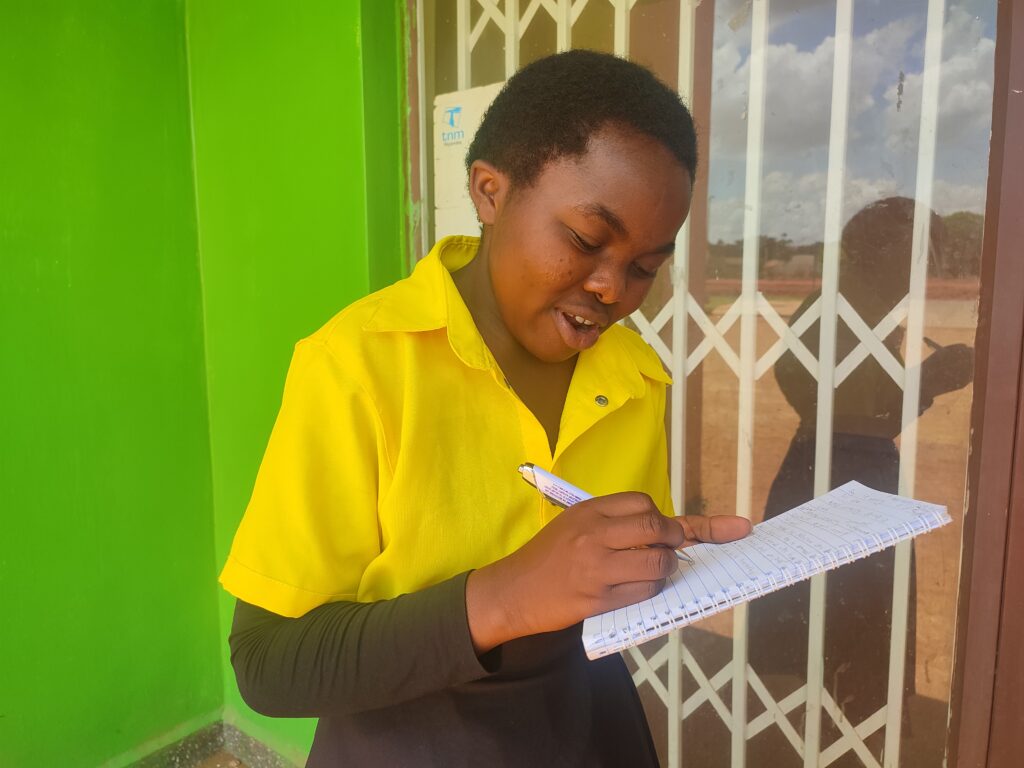
single default
The impact of denied access to CTDs

The challenges faced by young refugees in Malawi, including the limited opportunities for them to build promising careers, reflect a universal struggle faced by displaced people around the world.
In Malawi, however, the story takes a particularly tragic turn. Despite occasional opportunities for education abroad, many are prevented from taking advantage of them because they lack essential travel documents, particularly the Conventional Travel Documents (CTDs).
Malawi is part of the 1951 refugee convention which outlines the basic minimum standards for the treatment of refugees, which include the right to housing, work, movement, education and even travel documents, so that they can lead a dignified and independent life.
The CTD is an identification document given to refugees who demonstrate a valid reason to travel outside of the country of asylum for education, medical, or attending a conference.
In a country where opportunities for higher education are scarce owing to financial constraints for refugees, the lack of CTDs often results in missed opportunities for the fortunate few who receive scholarships, adding to their already daunting obstacles.
Currently, five promising youths from Dzaleka Refugee Camp—recipients of the 2022 Mastercard Scholarships to study at the United States International University Africa (USIU) in Kenya find their futures in jeopardy due to the lack of CTDs.
Their educational endeavors, once brimming with promise, now teeter on the edge of uncertainty, symbolizing a larger crisis affecting refugee communities across the nation.
Additionally, a young girl is stuck in Ghana, failing to return after completing her studies following the expiry of her CTD, without any opportunity to renew it.
The situation is affecting the youth’s ability, especially girls, to remain in school as their chances of going beyond secondary school are slim. The impact on girls further aggravates existing gender inequalities in education and employment.
Furthermore, the significance of CTDs extends beyond mere travel facilitation; they also serve as lifelines for refugees seeking to rebuild their lives, as they unlock doors to employment and educational opportunities in third countries, promoting self-reliance and socio-economic empowerment.
Urgent action is thus required in addressing this pressing issue, to safeguard the aspirations and well-being of displaced youths.
By recognizing the role of CTDs in facilitating opportunities and protection for refugees, Malawi can pave the way for a brighter future, where everyone, regardless of their circumstances, can thrive and contribute to society.